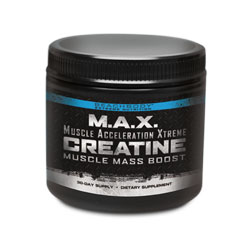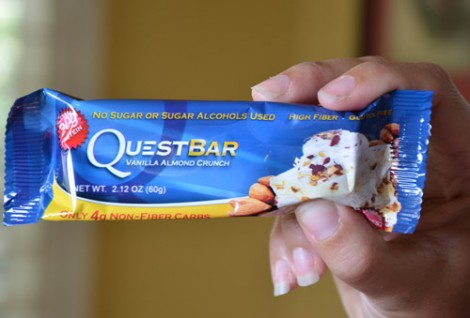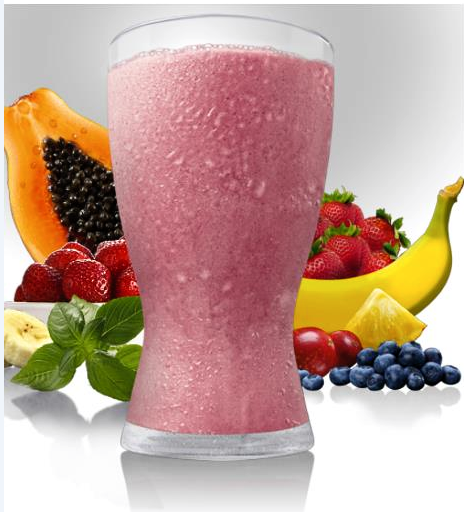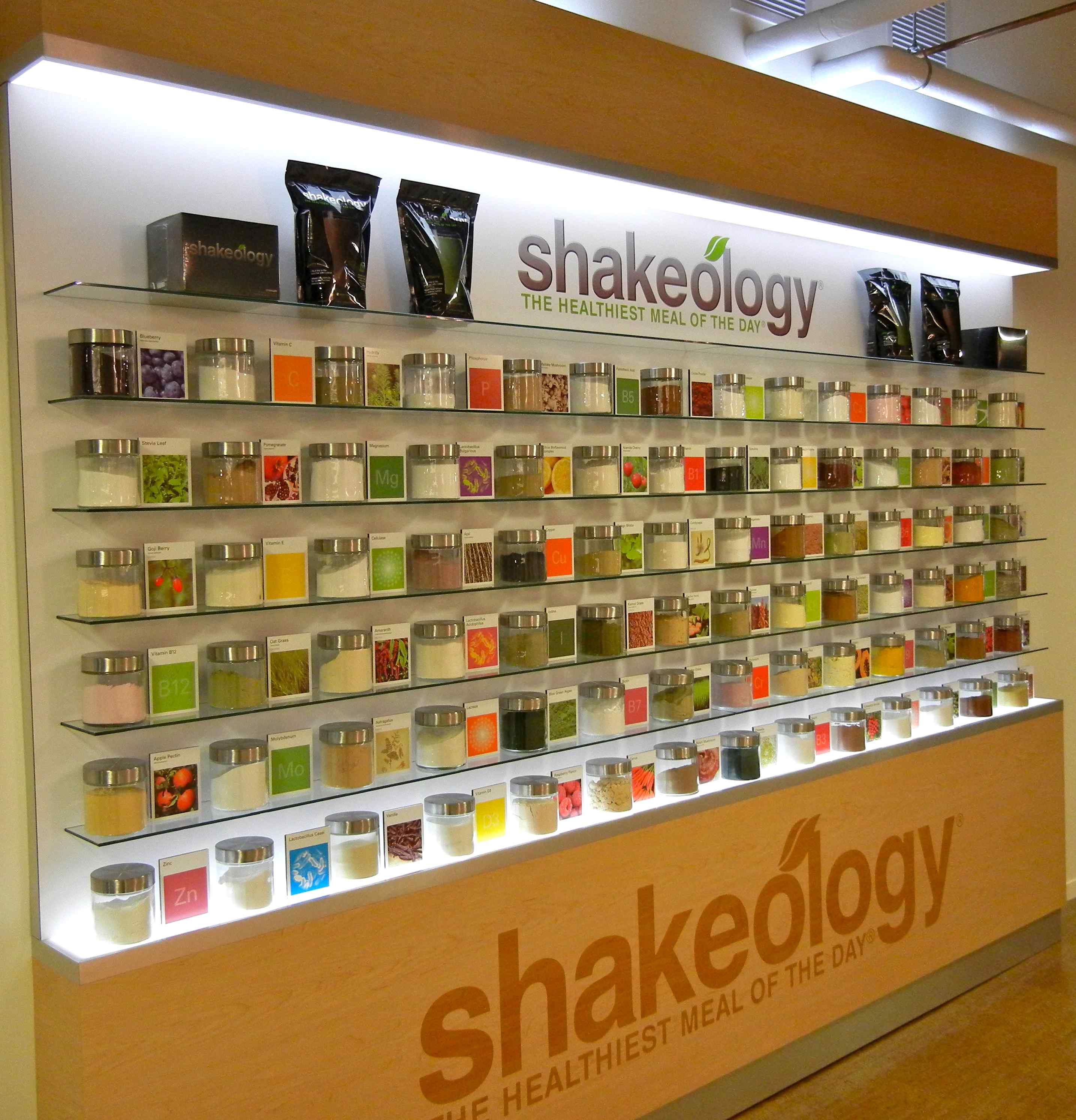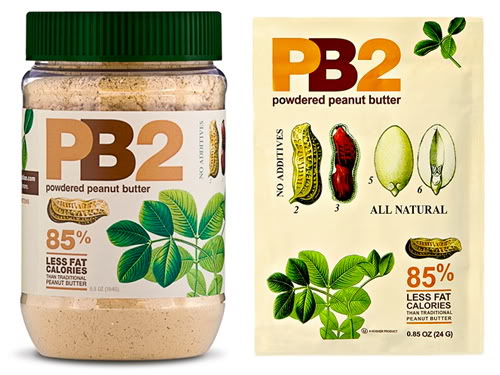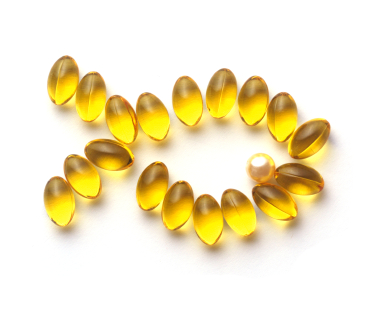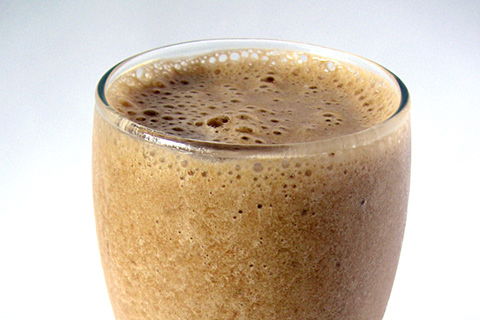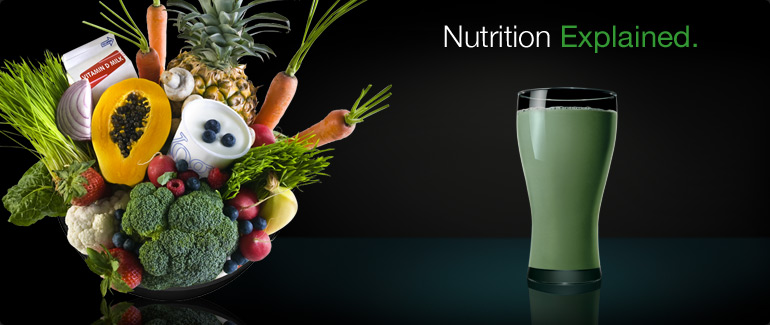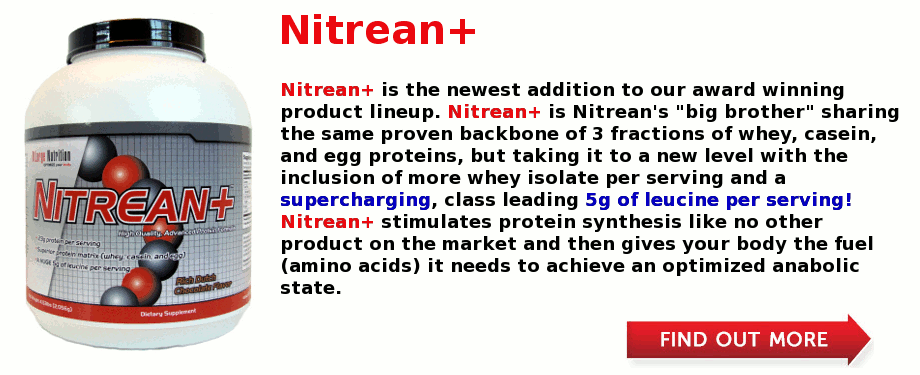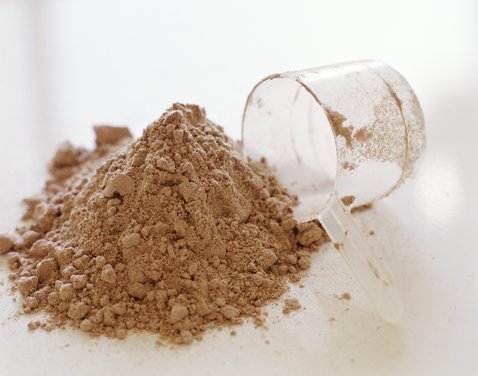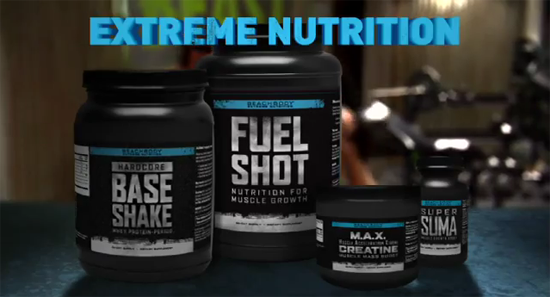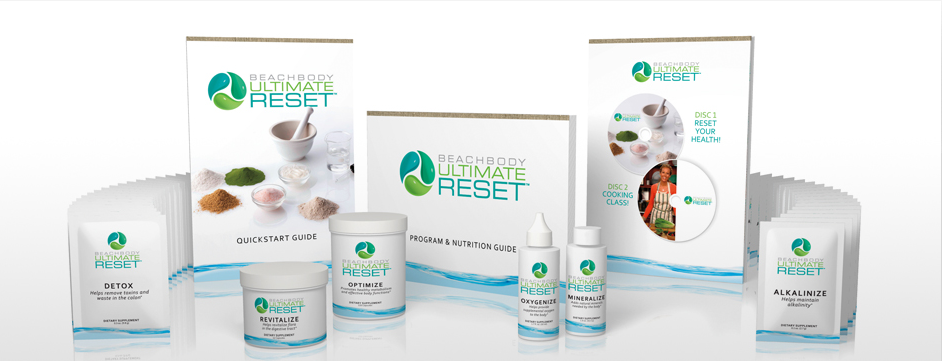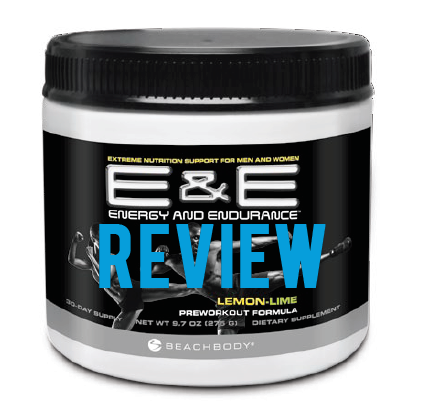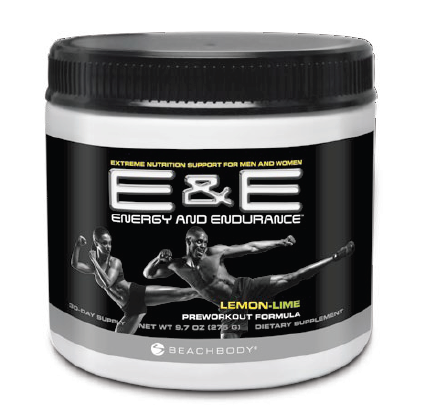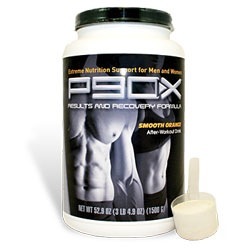Creatine: What you Need to Know
Believe it or not, Creatine is one of the most popular sport nutrition supplements of all time and it is actually one of the most studied in history, even more than protein. Even though it has been used as a sports supplement for over 30 years there is a ton of controversy surrounding it. I for one, was terrified of it when it was first recommended to me. After literally studying it for months I decided that it was a safe and effective supplement that, taken with the correct amounts, can help with strength and power.
What I want to share with you today is a great article all about Creatine, how it works, the benefits, side effects and how to take it.
Below is a great article written by Dave Slagle. Please took a look!
What is creatine and what does it do?
Creatine (or methyl guanidinoacetic acid) is a combination of three amino acids: arginine, glycine, and methionine. It was first discovered in 1832 by the French scientist Michel Eugene Chevreul while he was researching the skeletal muscle system. Creatine is naturally produced in the liver, kidneys, and pancreas. A normal, active person produces about two grams daily, and most people consume an additional gram or two from fish, beef, chicken, and dairy products. Creatine is stored in the muscles as creatine phosphate, which plays an important part in the adenosine triphosphate (ATP) energy cycle that supplies energy to human muscles. During exercise, as the stored ATP begins to run low, creatine phosphate (CP) is then broken down into creatine and phosphate, replenishing ATP for greater energy and contractile strength.
 What are the benefits of using creatine?
What are the benefits of using creatine?
Research shows that creatine supplements are most effective for people who want to gain muscle strength, muscle tone, or engage in explosive sports like powerlifting, rowing, or sprinting. Many people falsely believe that creatine is only good for bulking up and that using it will stop them from losing body fat. The truth is that creatine volumizes the muscle, increasing muscle tone, which may increase the metabolic rate and accelerate fat loss. Volumization means the storage of extra water in the muscles, allowing the user to have harder muscle contractions, or more strength.
The trick is that volumized muscles will show up as extra pounds on the scale. No, that doesn’t mean you gain fat; it means you gain muscle. Obviously, if you’re looking to build or tone muscle and gain strength, that’s a good thing.
What about side effects?
There are no documented research studies showing that consuming creatine causes any serious adverse side effects. However, during scientific research studies some test subjects reported that while supplementing with creatine, they experienced two noticeable issues. The first was subcutaneous water retention, or a bloated appearance. This can be chalked up to creatine’s poor solubility. The second was gastrointestinal distress (gas, stomach bloating, and even diarrhea). This occurred when creatine was consumed in excessive doses. The reason for this is most likely creatine’s high acidity.
Although these problems are temporary, they may be completely eliminated by lowering the dosage of creatine and taking it (with nonacidic juice) in divided doses throughout the day. Some people might also look at cell volumization as a negative side effect because it can stall weight loss. “Creatine does not impede fat loss—far from it,” explains Steve Edwards, Beachbody Director of Results. “However, it does not at all aid weight loss and will even offset it in some ways. You do hold on to more water weight with creatine as part of the cell volumization to increase CP stores. This is why we don’t recommend it for everyone.”
Most people will gain between two and four pounds in the first few weeks of using creatine, but human studies have shown that this extra water volumizing in the muscles may increase protein synthesis, leading to the growth of muscle fibers as well.
What is the best way to take a creatine supplement?
Scientific research shows that the best way to increase the uptake of creatine is by creating an insulin spike. Insulin is an extremely anabolic hormone that transports nutrients into the muscles. The best way to create an insulin spike is by taking a serving of creatine monohydrate powder (like MAX Creatine) and chasing it with a glass of nonacidic juice (grape juice is the most popular), with dextrose based recovery drink like P90X Recovery Drink , or by using creatine products that are mixed with simple carbohydrates such as Beachbody Strength and Muscle Men’s Formula. If you’re looking for more control over your sugar intake, you want to mix your creatine with another supplement, or you want to skip the sugar entirely (the creatine will still work, albeit not as well), try a pure creatine monohydrate like MAX Creatine .
On a final note, postworkout is also an excellent time to supplement creatine, because your blood sugar and glycogen are low. So, as the dietary sugars replenish those, they do double duty by rushing creatine to muscle.
For some reason, creatine has become one of the most complex sups to learn about—but it doesn’t have to be. It’s safe, naturally occurring, and it works. Consider adding creatine to your supplement regimen if you want to gain muscle or increase muscle tone, power, and strength.
By Dave Slagle
Resources:
- Bahrke, M.; Yesalis, C.; Creatine As an Ergogenic Supplement, Ch. 15. Performance-Enhancing Substances in Sports and Exercise, 1st edition; Human Kinetics: Champaign, Illinois, 2002; 175-209.
- Nutrition. 2004 Jul-Aug;20(7-8):609-14. Scientific basis and practical aspects of creatine supplementation for athletes. Volek JS, Rawson ES Source Department of Kinesiology, University of Connecticut, Storrs, Connecticut 06269, USA.
- Sports Med. 2005;35(2):107-25.Creatine supplementation and exercise performance: recent findings. Bemben MG, Lamont HS. Neuromuscular Research Laboratory, Department of Health and Sport Sciences, University of Oklahoma, Norman, OK 73019, USA
- Casey, A. et al. Creatine Ingestion Favorably Affects Performance and Muscle Metabolism During Maximal Exercise in Humans. Am. J. Physiol., 1996, 271, 31-37
- J Strength Cond Res. 2009 May; 23 (3): 818-26. Effects of creatine monohydrate and polyethylene glycosylated creatine supplementation on muscular strength, endurance, and power output. Herda TJ, Beck TW, Ryan ED, Smith AE, Walter AA, Hartman MJ, Stout JR, Cramer JT. Department of Health and Exercise Science, University of Oklahoma, Norman, Oklahoma, USA.
- J Strength Cond Res. 2003 Nov; 17 (4): 822-31. Effects of creatine supplementation and resistance training on muscle strength and weightlifting performance. Rawson ES, Volek JS. Department of Exercise Science and Athletics, Bloomsburg University, Bloomsburg, Pennsylvania 17815, USA.
- Int J Sport Nutr Exerc Metab. 2003 Mar; 13 (1): 97-111. Creatine supplementation: a comparison of loading and maintenance protocols on creatine uptake by human skeletal muscle. Preen D, Dawson B, Goodman C, Beilby J, Ching S. Department of Human Movement and Exercise Science at The University of Western Australia, Crawley, W.A., Australia, 6009.
You might have seen in the past that I have been a fan of Kre-Alkalyn as well as Con-Crete. Unfortunately both of these forms of creatine have very little if not any scientific evidence to back them up. My recent research as shown that Kre-Alkalyn has been shown to be ineffective as you can see in this arcticle, Kre-Alkayln vs Creatine Monohydrate . My recommendation is to use what has been shown over and over again to be safe and effective…Creatine Monohydrate. This is what I have been currently doing and will do from now on until further studies can be shown. I have used Con-Crete in the past and liked it however so the choice is yours. 5g per day of creatine monohydrate is what I take for my height/weight. You can use up to 10grams of you are over 200lbs. Please make sure you read the label and contact your doctor if you have medical conditions related to your kidneys or any other health/medical problems.
What do you think? Are you currently taking Creatine? What has worked for you? Please ask all your creatine questions below!


